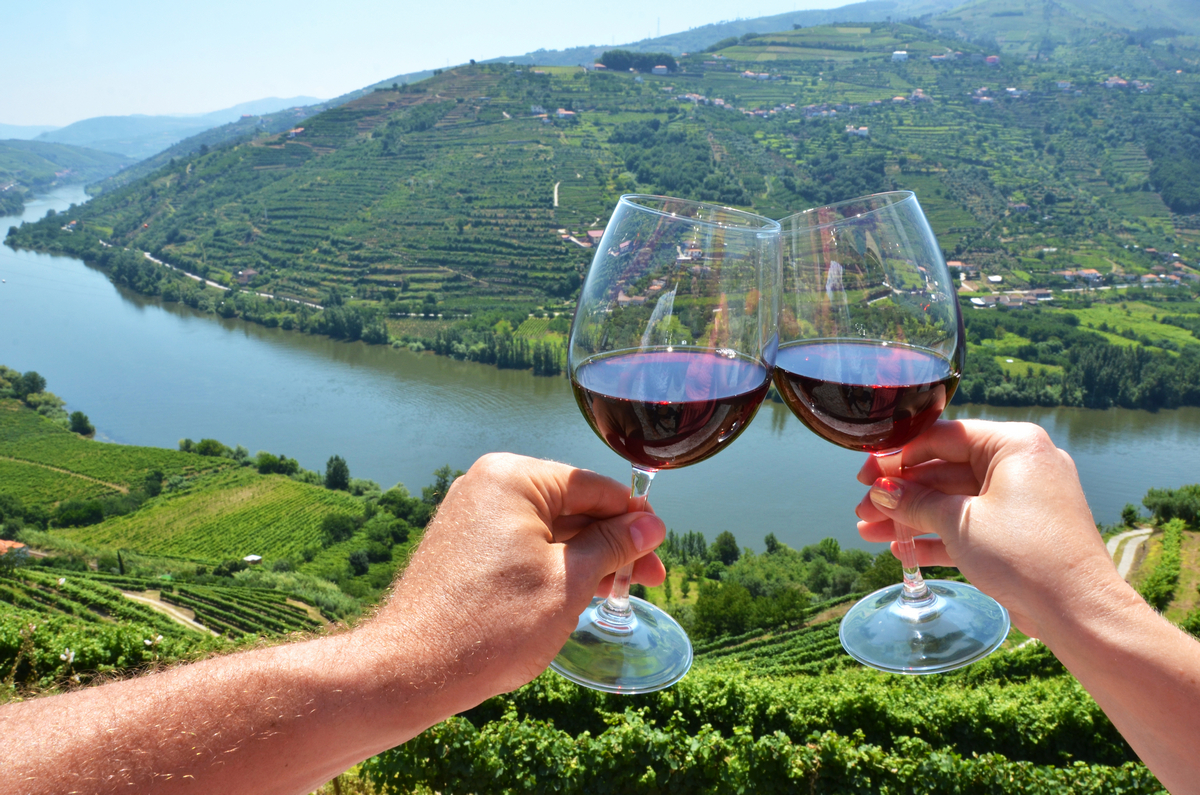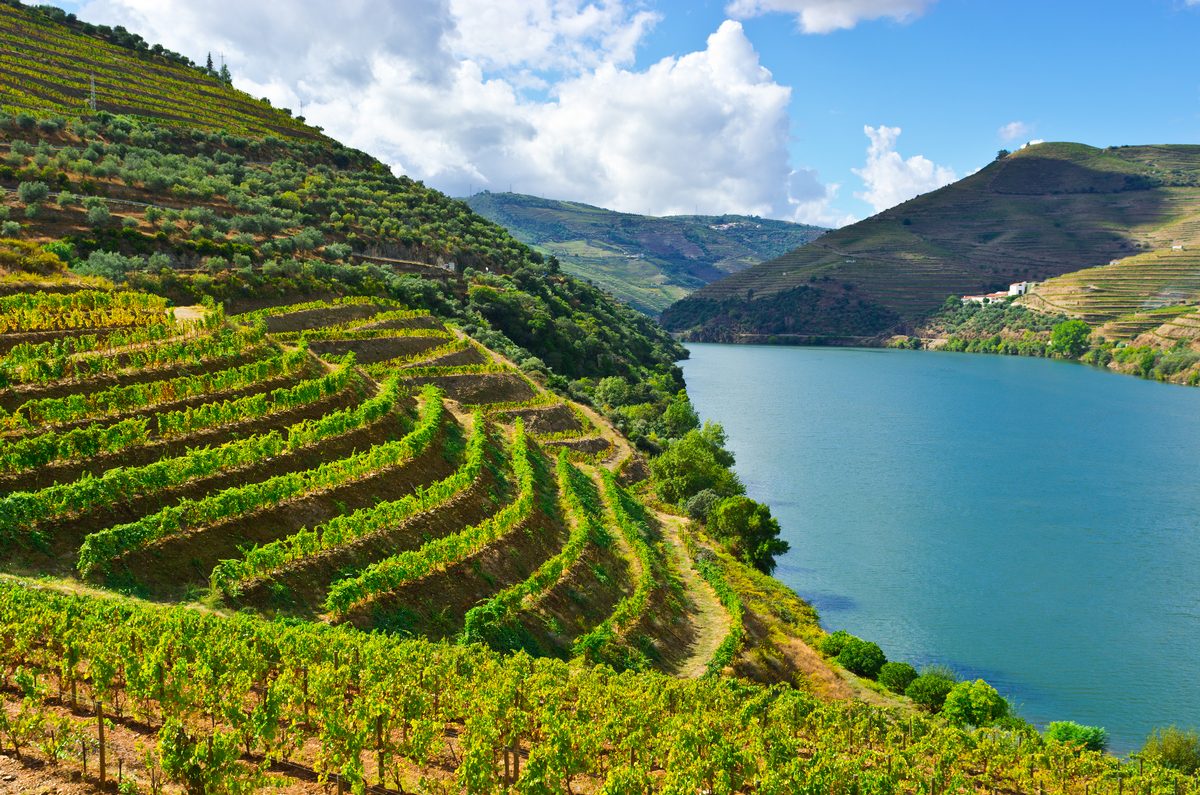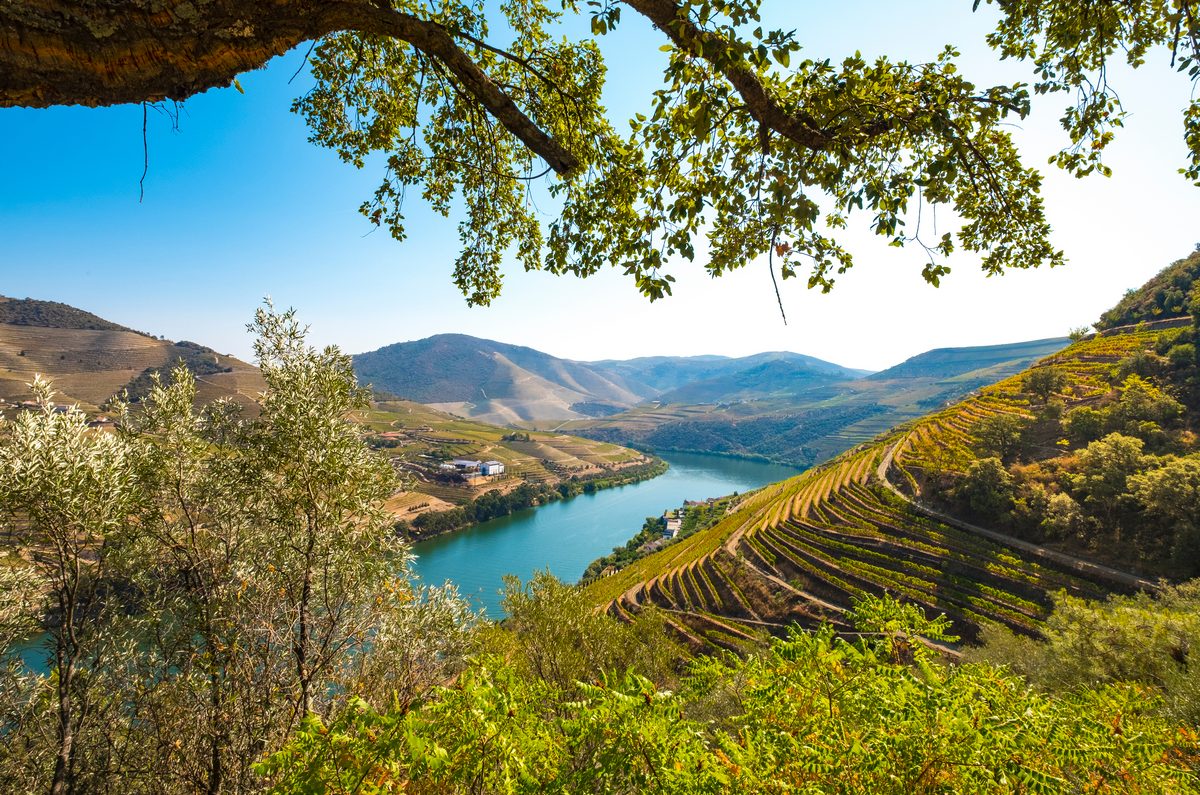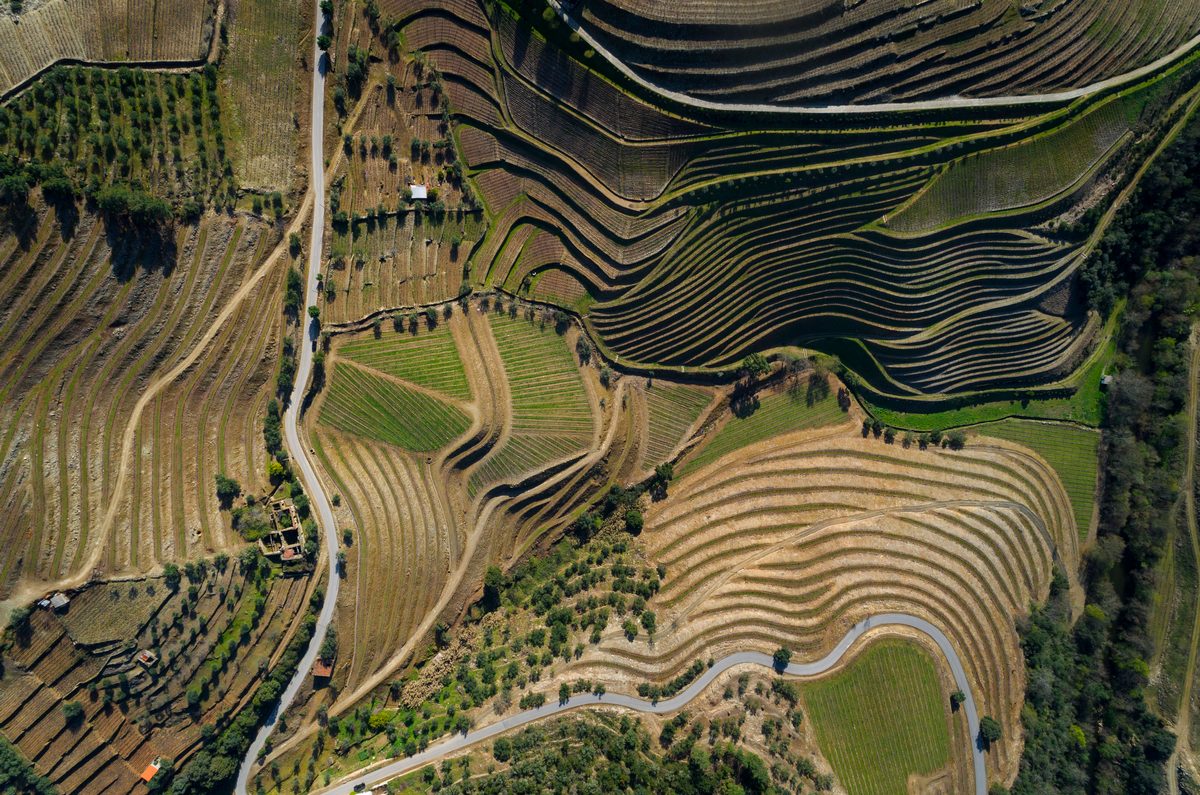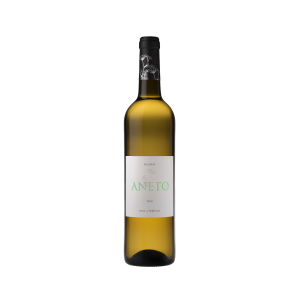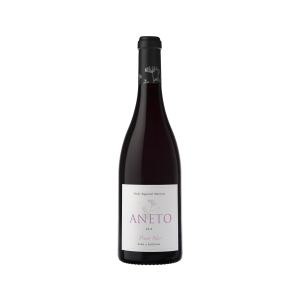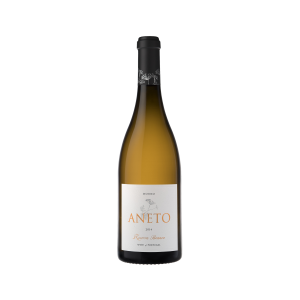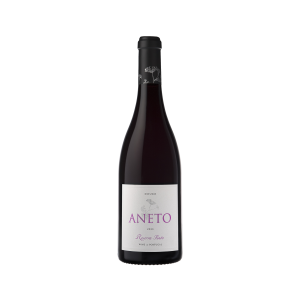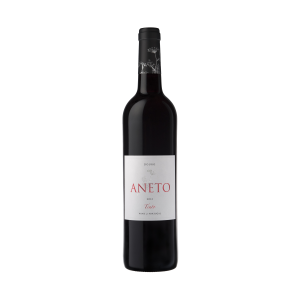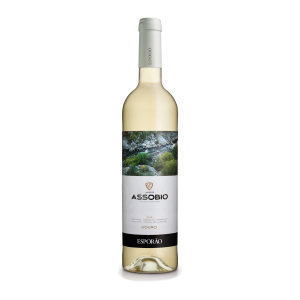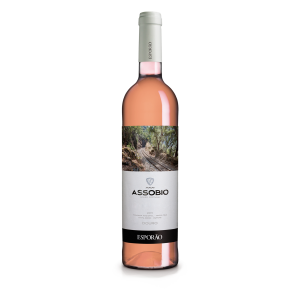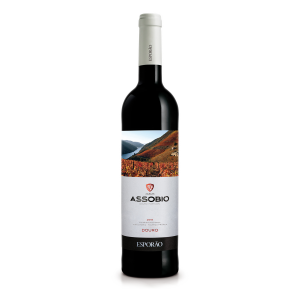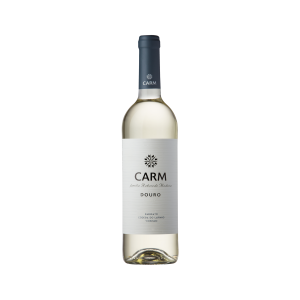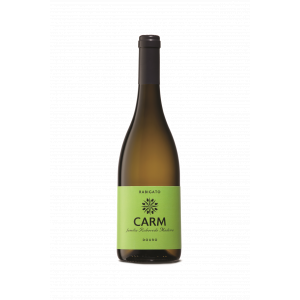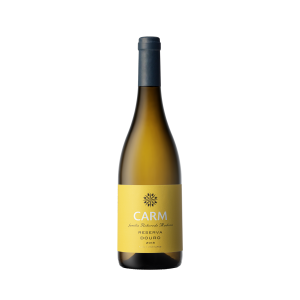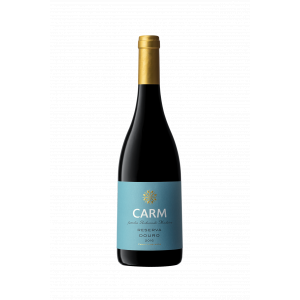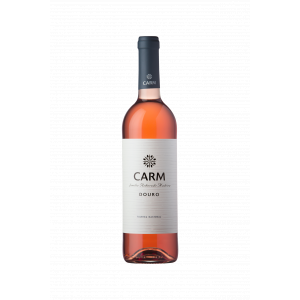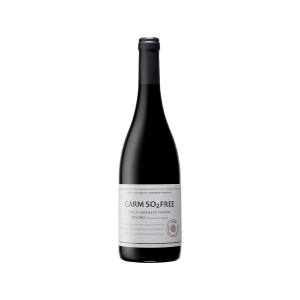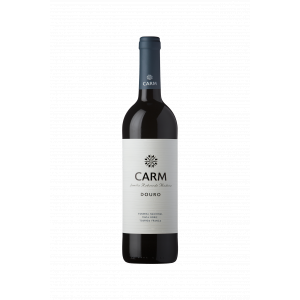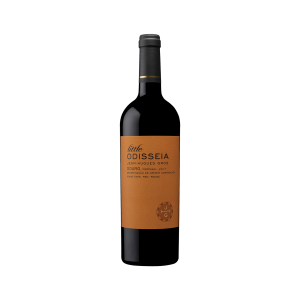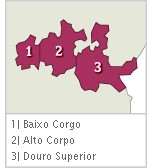 Located in the north east of Portugal, Douro is surrounded by the Marão and Montemuro mountain ranges. Though the region has about 250000 hectares, the area occupied by vines is of only 40000 hectares. The river Douro and its affluents, such as Tua and Corgo, run through deep valleys and most plantations are fitted in the rivers’ hydrographic basins.
Located in the north east of Portugal, Douro is surrounded by the Marão and Montemuro mountain ranges. Though the region has about 250000 hectares, the area occupied by vines is of only 40000 hectares. The river Douro and its affluents, such as Tua and Corgo, run through deep valleys and most plantations are fitted in the rivers’ hydrographic basins.
Most soils are made up of greywacke/schist, being particularly hard to work on, and the steep slope makes the job even harder. On the other hand, however, this type of soil is good for the vines’ longevity and allows the production of colour and sugar concentrated musts.
Human effort in converting bad soils into vineyards resulted in three different types of plantation: one of them resembles balconies separated by greywacke/schist walls and is common in areas with high inclination angles; the second one consists of mechanically built terraces, without walls supporting the lands; the third type takes into account the soil drainage and the space needed to move the machines in the vineyard.



